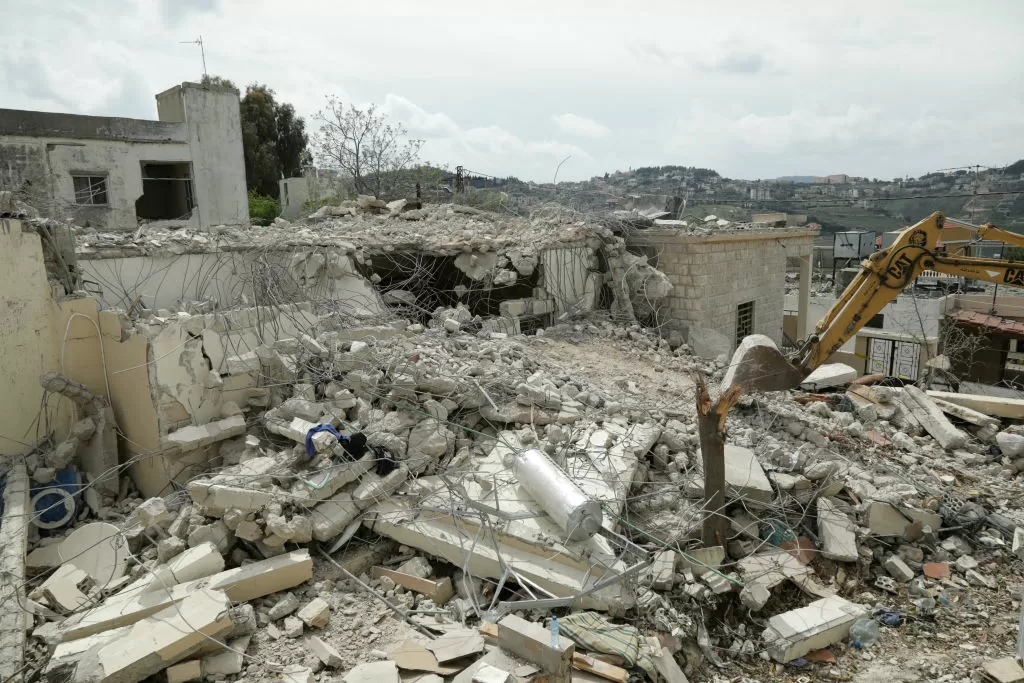On November 27, 2020, Iran’s top nuclear scientist, Mohsen Fakhrizadeh, was assassinated in a daring and carefully orchestrated operation by Israel’s intelligence agency, Mossad. This shocking event has sparked widespread debate and condemnation, with many questioning the legality and morality of Israel’s actions. In their recent article, “Israel’s Assassination of a Top Iranian – A Dangerous Escalation Step”, Dan Raviv and Yossi Melman argue that this assassination is a dangerous escalation step that could have far-reaching consequences for the already volatile Middle East.
Fakhrizadeh was widely regarded as the father of Iran’s nuclear program and the leading force behind the country’s efforts to develop nuclear weapons. He was a revered figure in the Iranian government and was constantly under the watchful eye of the country’s security forces. However, on that fateful day, none of this was enough to stop the meticulously planned assassination.
The two renowned Israeli journalists, Raviv and Melman, point out that this is not the first time Israel has targeted a high-ranking Iranian official. In 2018, Mossad carried out a daring operation to seize and extract Iran’s nuclear archive which contained thousands of documents detailing their nuclear program. This was followed by the assassination of Qasem Soleimani, Iran’s top general, in a US drone strike earlier this year. However, the killing of Fakhrizadeh is on a whole different level, sending a clear message to Iran that Israel will not tolerate its nuclear ambitions.
The authors highlight the timing of this assassination, which comes just weeks before President-elect Joe Biden is set to take office. Biden has been a vocal critic of Israel’s targeted killings and has promised to take a different approach in dealing with Iran’s nuclear program. Raviv and Melman argue that this assassination could be seen as an attempt by Israel to undermine Biden’s incoming administration and push the US towards a more aggressive stance on Iran.
Moreover, the authors point out that this assassination is not just a military operation but a calculated political move. Israel’s Prime Minister Benjamin Netanyahu is currently facing corruption charges and is struggling to hold onto power. By targeting Iran’s top nuclear scientist, Netanyahu is sending a strong message to his base and the international community that he is still the strong and decisive leader that Israel needs. It is also a move to rally support from the US, with President Donald Trump, who has been a strong ally of Israel, still in office.
Raviv and Melman also raise concerns about the potential consequences of this assassination. They argue that Iran will undoubtedly respond with a military strike or retaliation against Israel, further escalating tensions between the two countries. In the past, Iran has targeted Israeli embassies and citizens around the world in response to similar attacks. This could also lead to a wider conflict, with other countries such as the US and Saudi Arabia getting involved.
Moreover, the assassination of Fakhrizadeh could also have disastrous consequences for the already fragile nuclear deal between Iran and world powers. The deal, which was brokered in 2015, aimed to limit Iran’s nuclear program in exchange for the lifting of economic sanctions. However, the US, under Trump’s administration, withdrew from the deal in 2018, and tensions between Iran and the remaining parties have been on the rise. By killing Fakhrizadeh, Israel has not only jeopardized the deal but also pushed Iran towards further nuclear development.
In conclusion, the recent assassination of Iran’s top nuclear scientist, Mohsen Fakhrizadeh, by Israel’s intelligence agency is a dangerous escalation step that could have severe consequences for the region. As Dan Raviv and Yossi Melman argue, this targeted killing is not just a military operation, but a calculated political move with far-reaching implications. It risks starting a chain reaction of violence and instability in an already volatile region. Instead of resorting to violence and aggression, both Israel and Iran should seek peaceful and diplomatic solutions to their differences. The world cannot afford another conflict, and the time for dialogue and cooperation is now.



